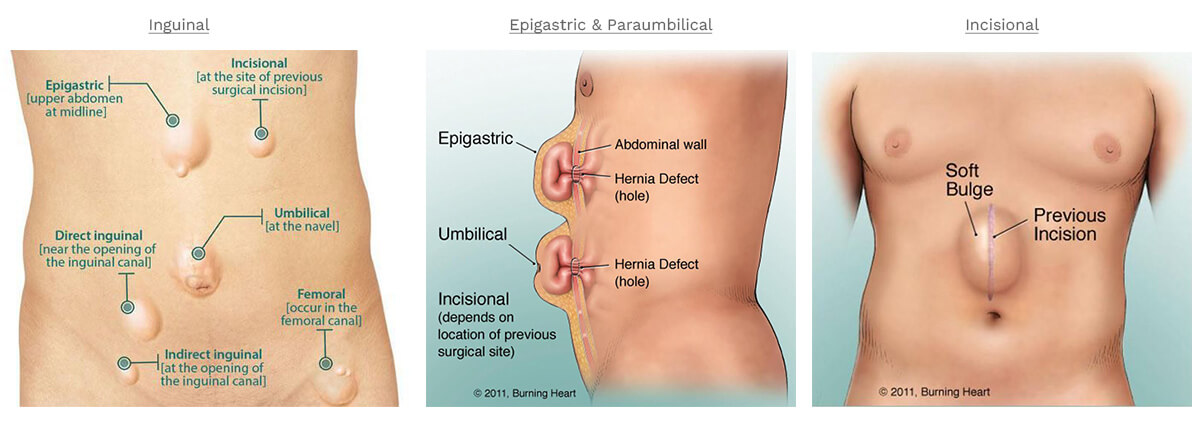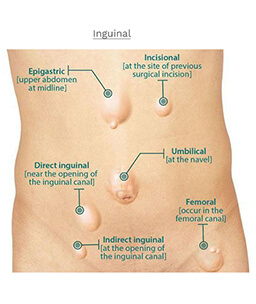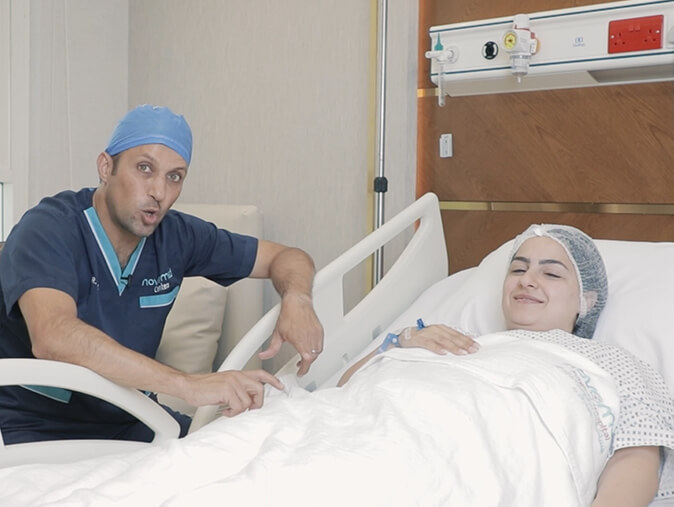What Is Hernia?
A hernia is one of the most common conditions that require surgical treatment. A hernia occurs when an organ protrudes through an opening in the tissue that holds it in place. A hernia surgery helps to relieve the pain and to return the herniated organ to its place.


How It Works
Hernia repair surgery is very similar to other laparoscopic surgical procedures. The patient is completely anesthetized, and a small incision is made in the area under the navel or in the navel itself. The carbon dioxide is then introduced into the abdominal cavity until it swells, allowing the doctor to see the internal organs in the abdominal cavity.
Through a small incision, a tube-shaped device with a lamp at its tip, called a laparoscope, will be inserted, and another device that will be used to repair the hernia is inserted through another incision located in the lower abdomen. Also, the abdominal wall is reinforced and strengthened by a mesh-shaped compression belt.

BOOK Now
Make An Appointment
-

80026763
Contact Dr. Samir if you have any questions
-

Visit
02 Jumeirah Beach Rd - opposite Burj Al Arab - Umm Suqeim - Jumeirah 3 - Dubai
Opening Hours:
9am-9pm (Saturday- Thursday)
9am-6pm (Saturday)





